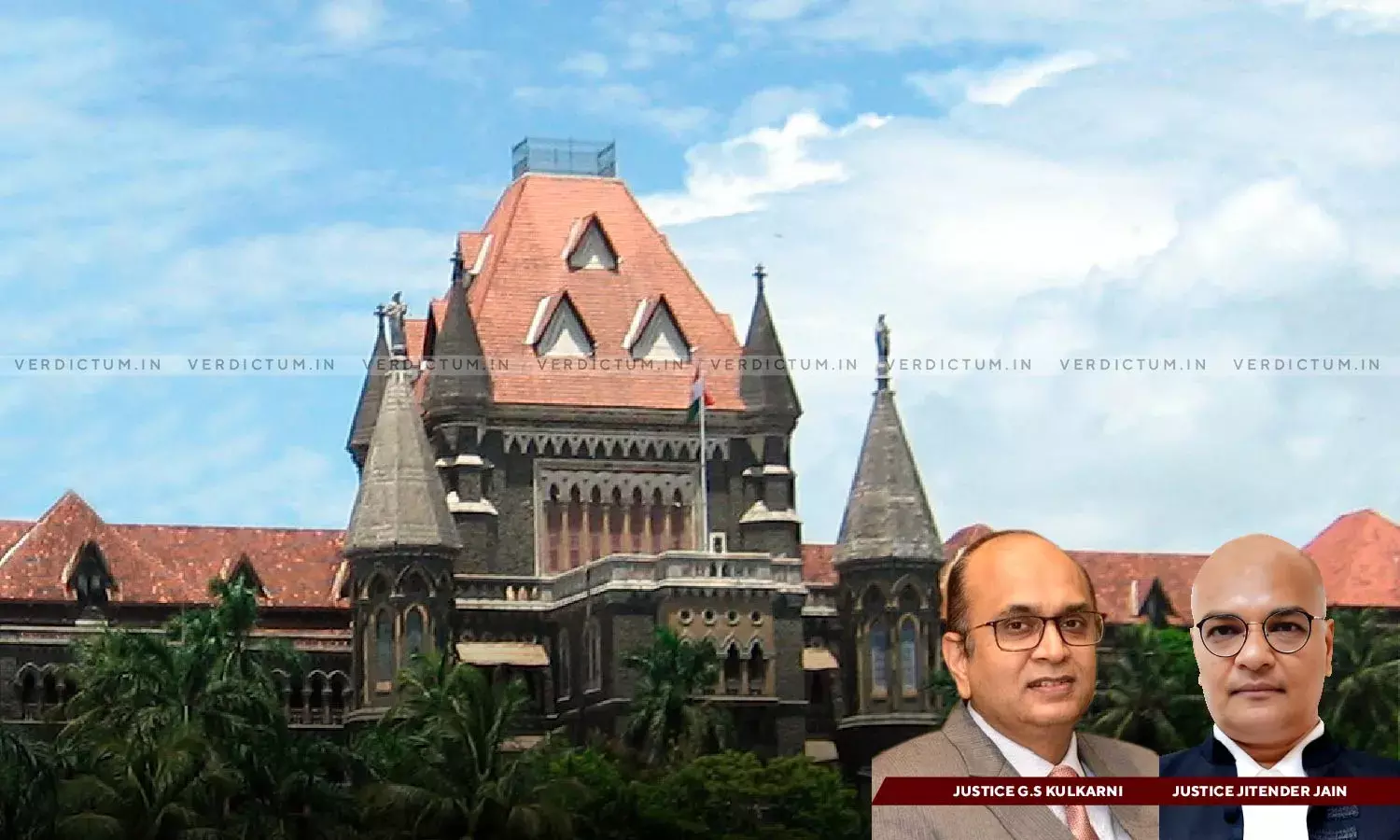Armed Forces Tribunal Act | Deputation Does Not Change Basic Employment As Member: Bombay HC Observes

The Bombay High Court observed that the deputation of the Petitioner with the Armed Forces Tribunal did not change his basic employment as a member of the Armed Forces. The Petitioner's employment with the armed forces continued to operate, and the Armed Forces Tribunal did not become his new employer. Therefore, the Central Administrative Tribunal (CAT) did not have jurisdiction to entertain the Petitioner's application.
The Division Bench of Justice G. S. Kulkarni with Justice Jitendra Jain observed, “We may also observe that merely because the petitioner was posted on deputation with the Armed Forces Tribunal, it would not in any manner obliterate or extinguish his basic employment as a member of the armed forces. The appointment on deputation in the present case, would certainly not amount to a change being brought about in the employer of the petitioner. The basic employment of the petitioner and all conditions of service attached to his employment as a member of armed forces have continued to operate. The petitioner is, therefore, not correct in assuming that his employment with the armed forces has come to an end the moment he accepted appointment on deputation and the armed forces tribunal has become his new employer”.
Advocate Vicky Nagrani appeared for the Petitioners and Advocate Neeta V. Masurkar appeared for the Respondent.
The Petitioner was appointed in the services of the Indian Army through a circular. He applied for the post of registrar which was accepted with a deputation of three years and as per the terms and conditions prescribed in the DOPT Office Memorandum. However, on May 10, 2023, the competent authority decided to prematurely repatriate the Petitioner on administrative exigencies. The Petitioner filed a writ petition before CAT challenging the order. The CAT dismissed the petition due to lack of jurisdiction, stating that the Petitioner would be governed by the provisions of the Armed Forces Tribunal Act, 2007. A Writ Petition was filed challenging the impugned order.
The Court noted that the term ‘deputation’ was not explicitly mentioned in sub-clause (ii), it could also be considered to fall under clause (iv), which is a very broad term that can cover any other residual categories. This phrase must be interpreted in light of the other three enumerations and the main provision of Section 3(o) of the Armed Forces Tribunal Act, 2007 (Act), and it must be read as ‘ejusdem generis’. “Clause (iv) is very wide which may cover all other residual categories and the said phrase is to take colour from the other three enumerations and the main provision of Section 3(o) of the Armed Forces Tribunal Act and has to be read as ejusdem generis”, the Court observed.
The Court asserted that a matter can only be considered a service matter if it relates to the conditions of a person's service under Section 3(o) of the Act while placing reliance on the dictum of the Supreme Court in case of Lieutenant Colonel Vijaynath Jha Vs. Union of India & Ors. [(2018) 7 SCC 303]. Therefore, the Court observed that Central Administrative Tribunal (CAT) had no jurisdiction over the subject matter of the case.
“The precondition of a matter to be a service matter has to be relating to the conditions of their service, as held by the Supreme Court in Lieutenant Colonel Vijaynath Jha (supra)...Insofar as the exceptions which are carved out in Section 3(o) are concerned, we do not find that the petitioner’s case would fall under exceptions which are made for transfer and posting etc. Thus in our opinion, the Central Administrative Tribunal by the impugned order has rightly arrived at a conclusion that it had no jurisdiction”, the Court noted.
Accordingly, the Court dismissed the Petition and upheld the impugned order.
Cause Title: Lt.Col. Anjan Kumar Sinha v. Union of India & Ors.

